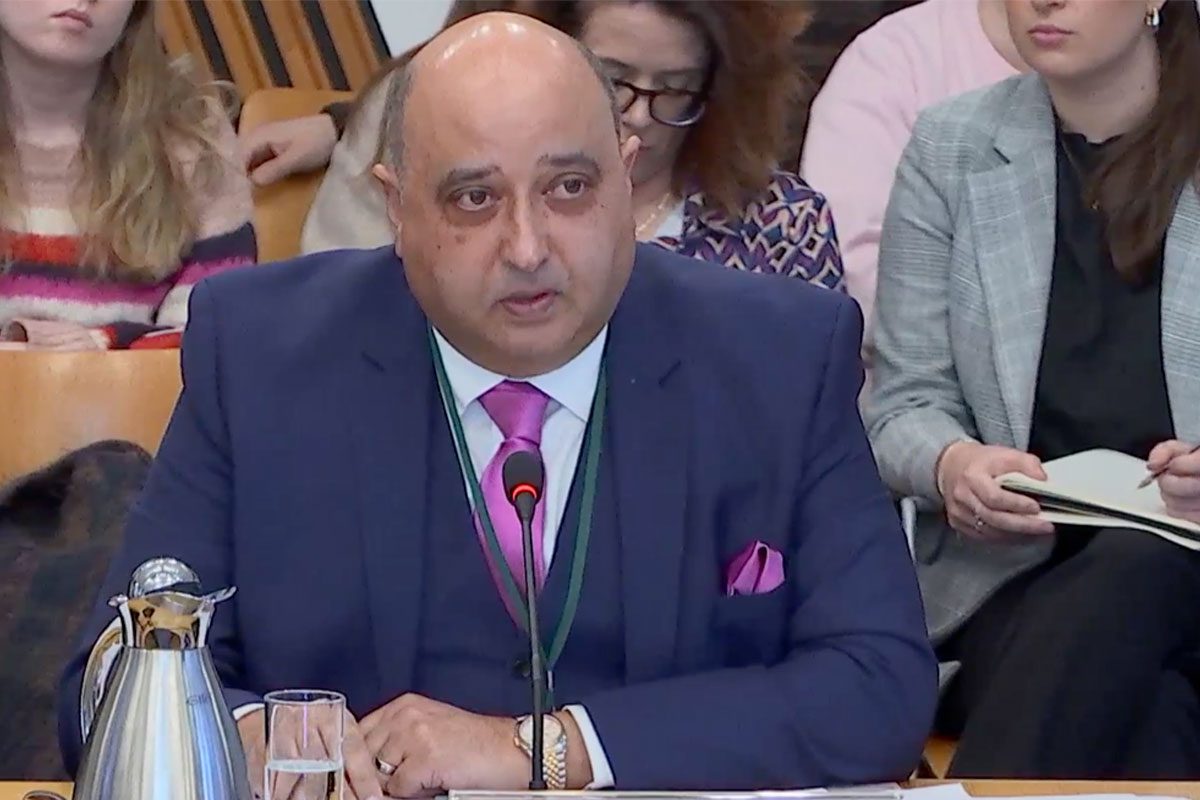Health minister due to outline alcohol MUP plans to MSPs in Holyrood this afternoon

A HOLYROOD health minister is due to tell MSPs this afternoon what the Scottish Government’s proposals are for alcohol Minimum Unit Pricing (MUP).
The announcement follows a consultation with retail and drinks industry leaders as well as health campaigners seeking to reduce alcohol consumption in Scotland.
It has been widely reported in recent days that ScotGov wants to increase the MUP from 50p to 65p.
But the Scottish Grocers’ Federation (SGF) has called for a 12-month adjustment period for retailers should minimum unit pricing (MUP) increase this year.
In a Holyrood chamber meeting of the Health, Social Care and Sport Committee on Tuesday 6 February, evidence was given for and against a rise in the baseline MUP for Scotland, with the SGF stating it should stay at its current level of 50p.
Pete Cheema, chief executive at the SGF, said: “We believe MUP should remain at the current level. It should not be increased until we have the proper data that can find the correlation between a rise in price reducing the number of alcohol-related deaths.
“The convenience industry has suffered quite a lot, we’ve had the cost-of-living crisis and we haven’t had the same rates relief as our English and Welsh counterparts. We are at a considerable disadvantage here.”
Meanwhile, national charity Alcohol Focus Scotland found that £57million could be raised every year through the introduction of a Public Health surtax on alcohol to help benefit public health.
While the SGF remained adamant that they did not agree with any rise in the current level to MUP, the organisation argued that convenience store retailers must be protected from any potential increase to the current MUP.
The industry body has suggested a 12-month adjustment period to allow store owners to properly fix their stock and prices to ensure they are ready for the implementation.
Cheema also called for more scrutiny over the supermarkets channel in the process, claiming the onus lay with bigger organisations to foot the bill on this as convenience assists the public already on a local level.
He said: “Our stores are embedded in communities. We can see if customers have a problem, we know them individually so retailers will try to discourage these people from drinking.
“Our view on any potential rise is that it must protect the convenience sector. We have been disadvantaged to date so if the money were to be ring-fenced to protect retailers then I would see little issue with a potential rise.”



















